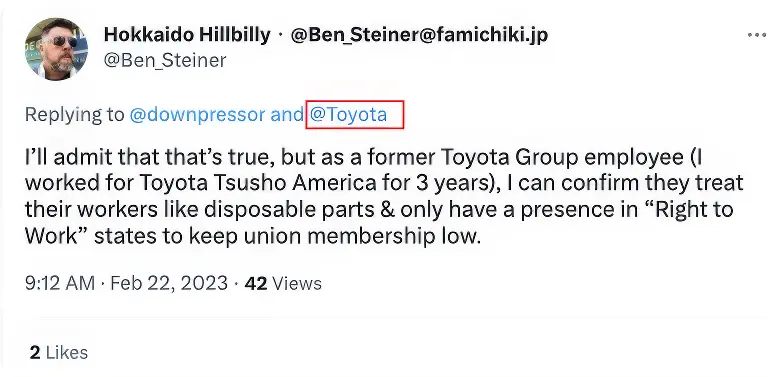US State Department
Cyabra Helped the US State Department to Identify Fake Discourse and Foreign Influence
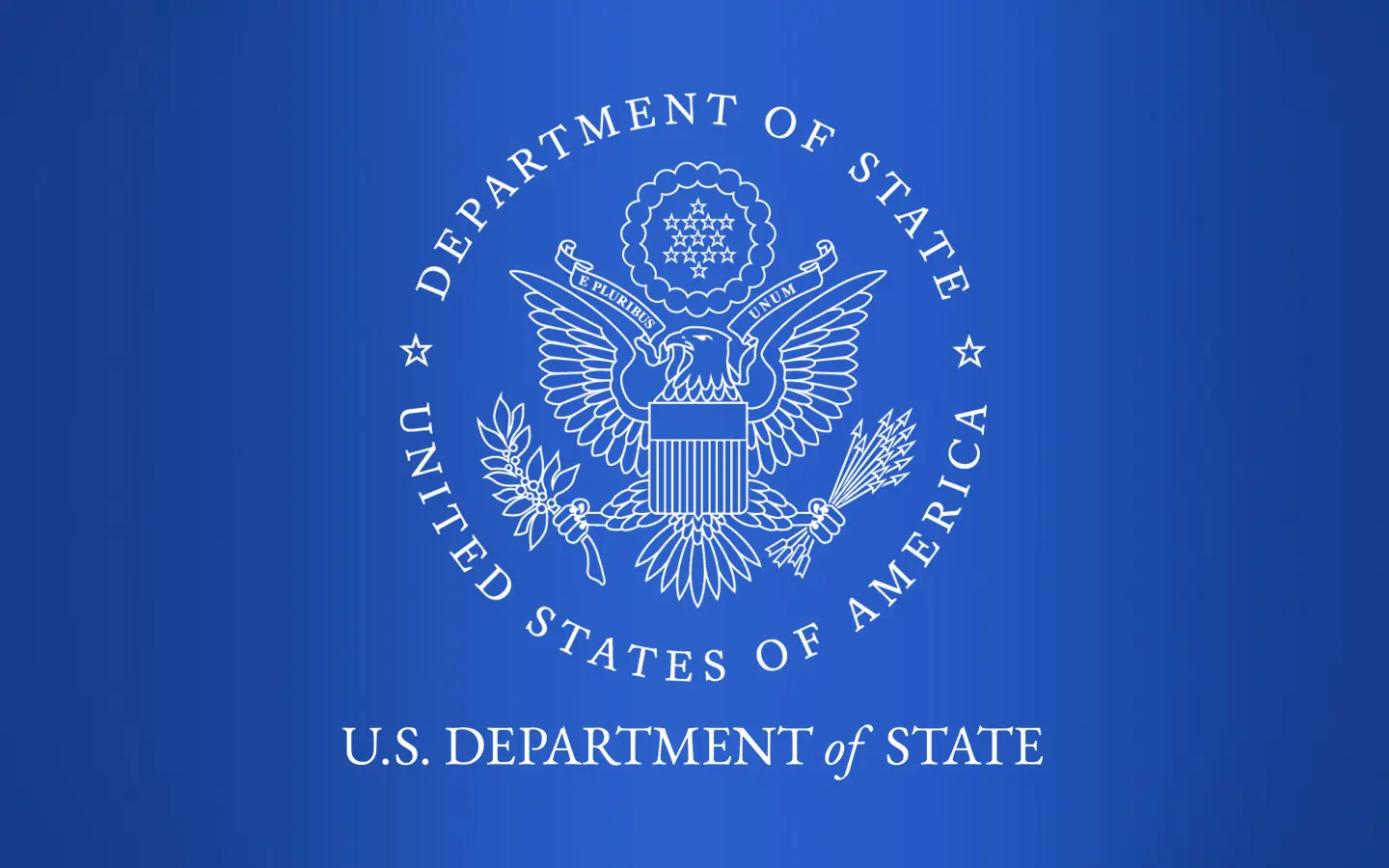
With relations between US and China increasingly heated, the US State Department turned to Cyabra to identify foreign influence and adversarial threats on social media.
Cyabra discovered that 33% of the profiles in the discourse were fake.
30,000
Profiles scanned
On Facebook, Twitter, and Instagram
33%
Fake profiles
Identified by Cyabra
40%
Of the content created
Was fake
What experts say
about Cyabra

Vincent O'Brien
Foreign Service Officer, USA State Dept.
“Large audience provides a large opportunity for nefarious actors to use it as a hook to either push new types of disinformation narratives or to connect long-standing disinformation narratives to exploit this new opportunity. Cyabra has really done a great job at identifying the information and just presenting it to you in a way that you can best make a decision.”

The Challenge
- In May 2020, the heated trade war between China and the US together with COVID-19, brought a peak in related discourse on social networks.
- The US State Department sought to understand the conversations taking place across social media, to identify foreign influence and propaganda within the spreading narratives.
The Solutions
Cyabra scanned over 30,000 profiles that participated in conversations on Twitter, Instagram and Facebook, and discovered that 33% of them were fake, promoting content trying to sway public opinion on China-related issues. Connections were found between Chinese official accounts and fake communities, each amplifying different agendas.
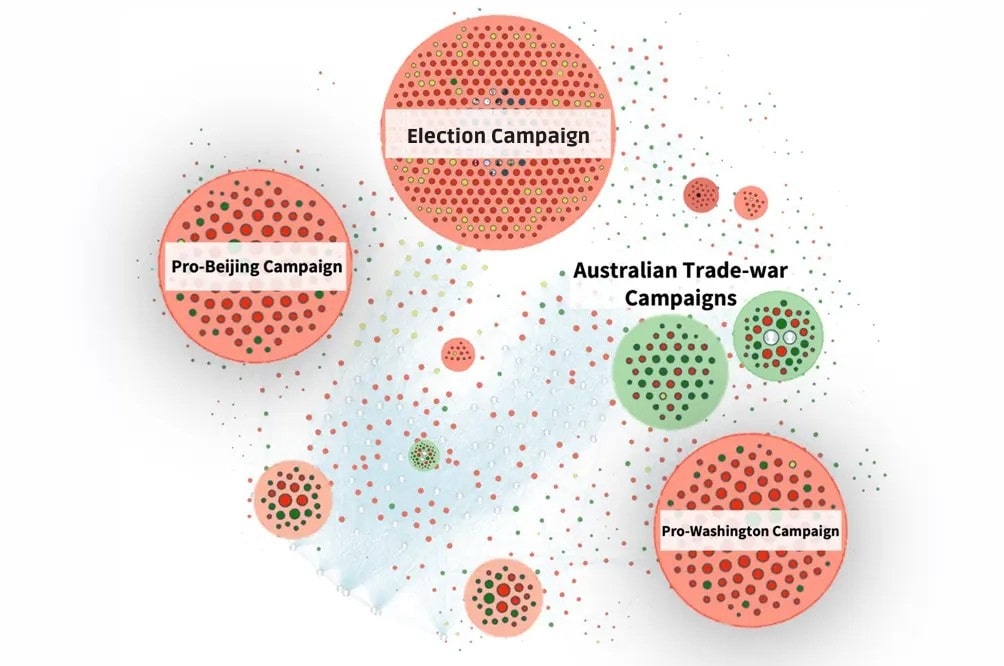
Overall, 40% of the content in the discourse was fake. Some of the fake communities engaged solely with American profiles, actively discrediting criticism of the Chinese government.
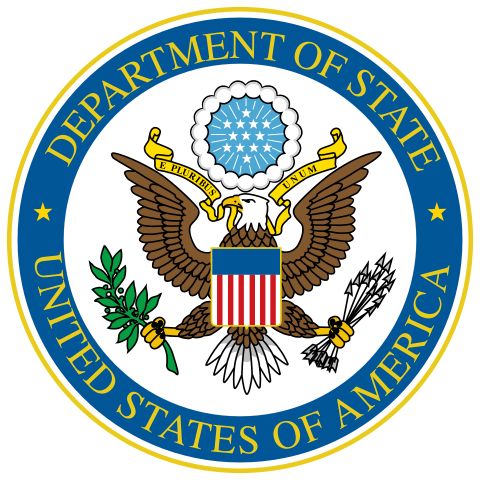
About The US State Department
The US State Department is responsible for the country’s foreign policy and relations. The State Department works to counter foreign propaganda and disinformation campaigns aimed at undermining the US.
Our Work
Learn more
- Cyabra has identified fake accounts engaging in discussions related to Activision on Facebook.
- These accounts advertised hacking services to recover user accounts, specifically mentioning Activision as one of the platforms where these services can be provided.
- By asking users to send them direct messages with their issues, the bots exposed them to potential theft of personal information from Activision platform.
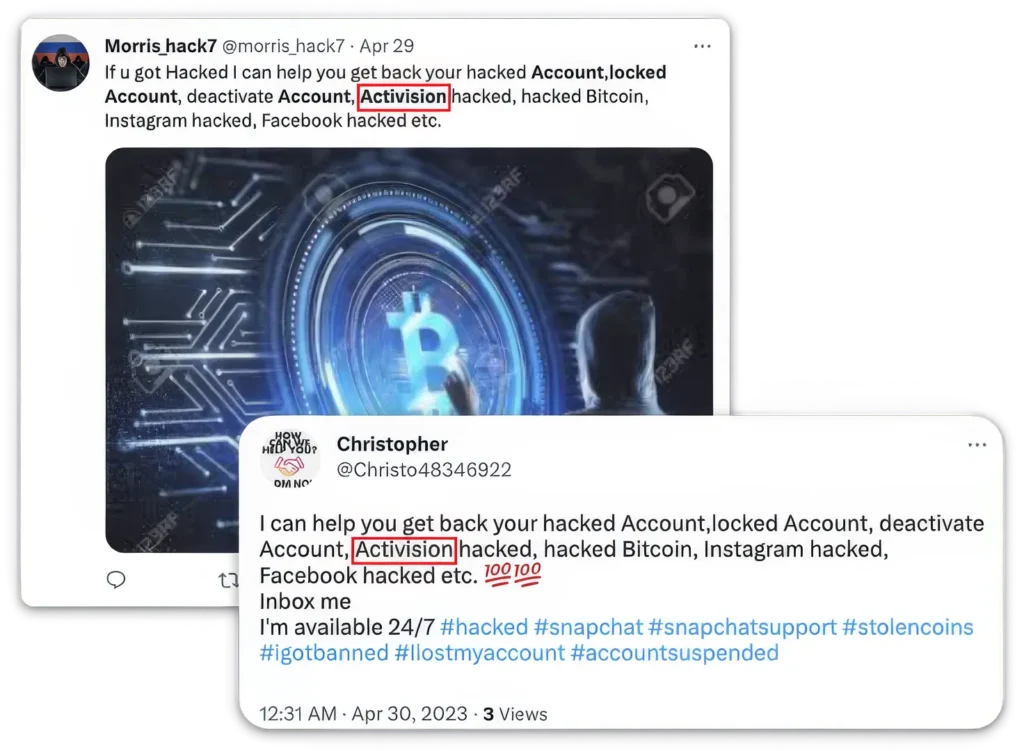
Learn more
- Cyabra discovered a Twitter account posting negative content against Amazon, claiming being fired for reporting sexual harassment.
- The profile posted 6 negative tweets, attempting to spread scandal and harm Amazon's online reputation.
- Several other profiles shared similar content, implying a growing insider threat risking the brand name.
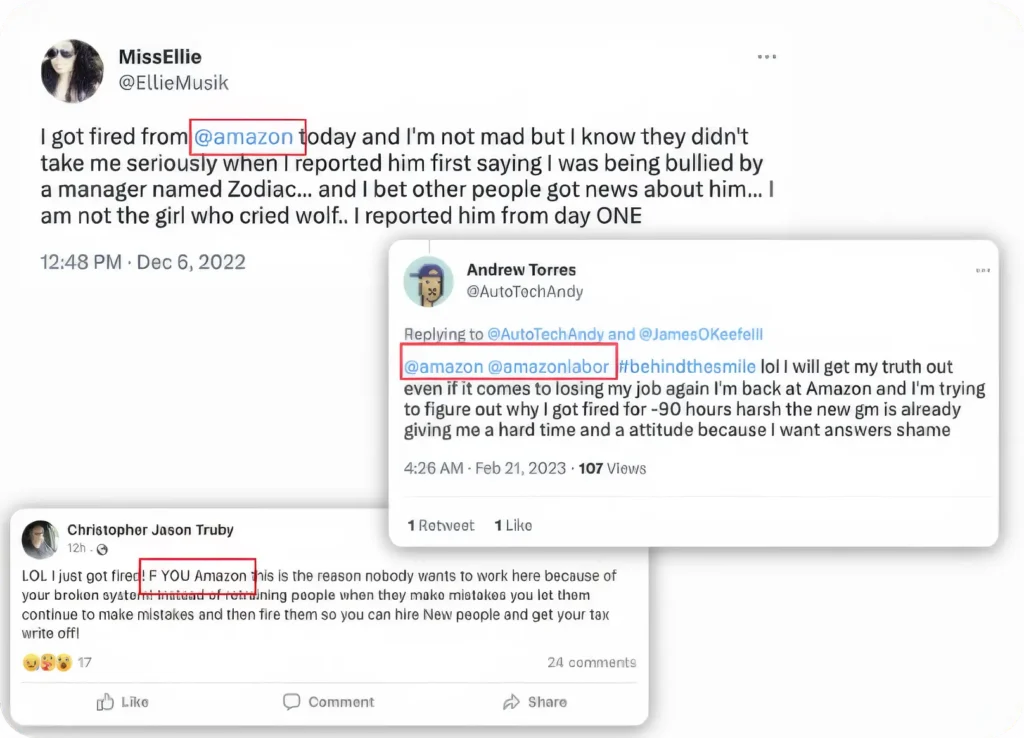
Learn more
- Cyabra uncovered two Twitter profiles that were created in February 2023, specifically designed to impersonate the official page of American Express’ customer service.
- The impersonator used the company’s logo and claimed to be the official account.
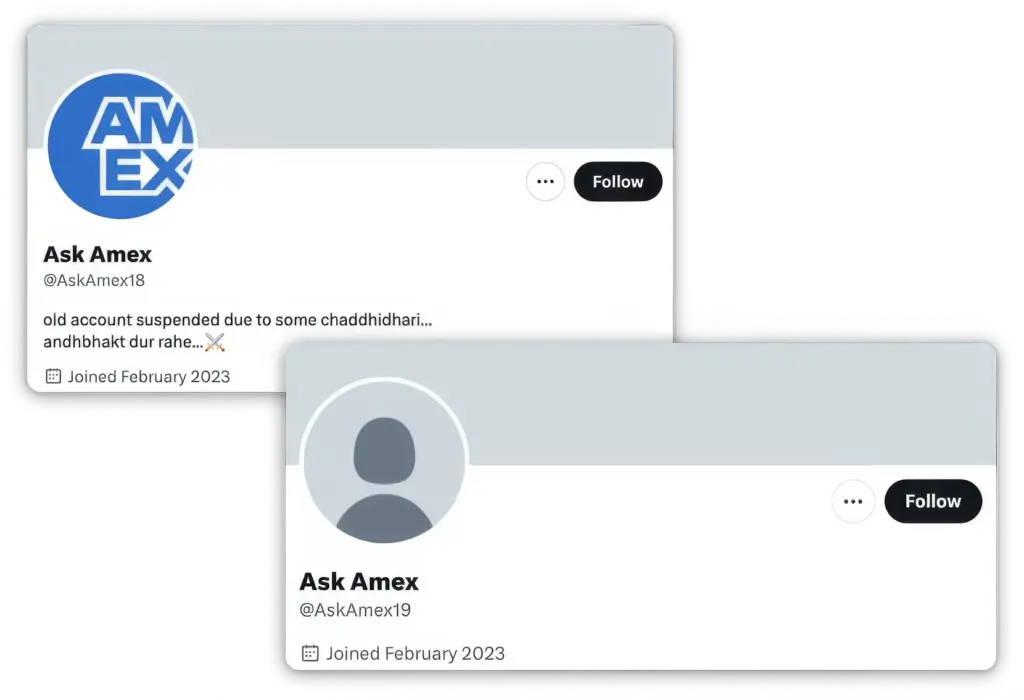
Learn more
- Cyabra discovered an immediate cyber threat targeting Bank of America, with 8 Facebook accounts impersonating the bank's customer service.
- A significant number of the threat actors disseminated identical content, indicating a common source orchestrating their activity.
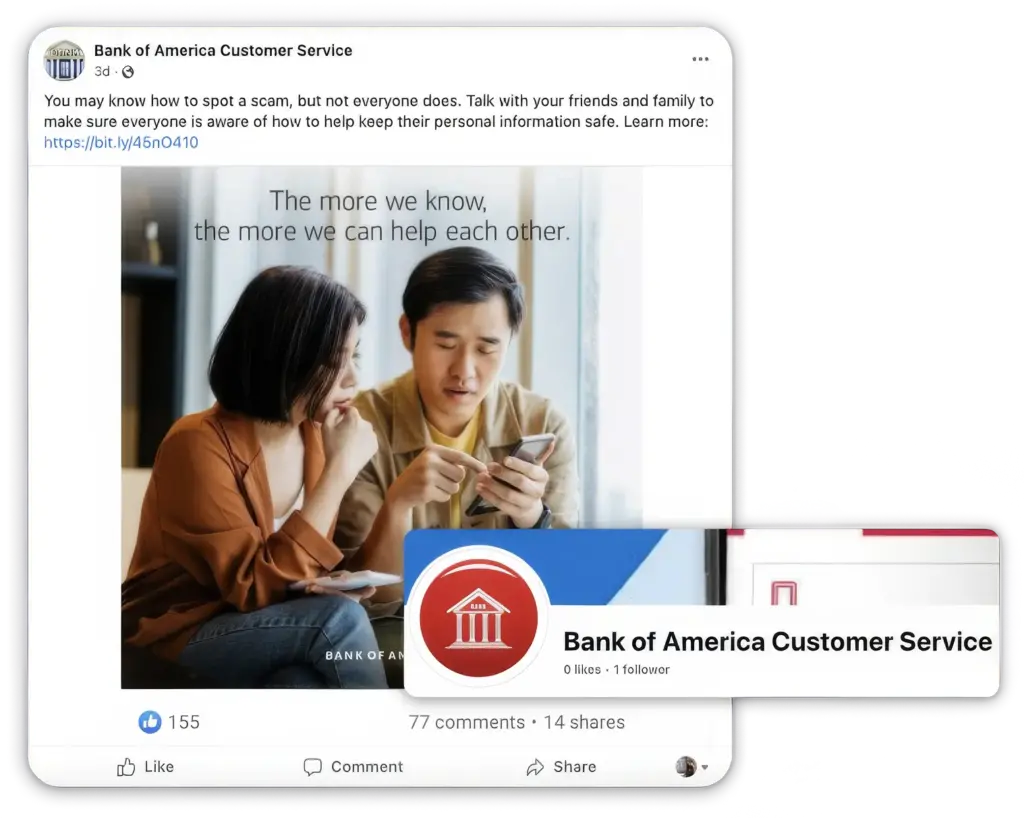
Learn more
- Cyabra analyzed social media conversations to identify potential threats preceding the disruption of Barclays' annual general meeting in London.
- The tweet on the right asking people to rebel against the banks received over 90 reposts and reached nearly 16,000 profiles.
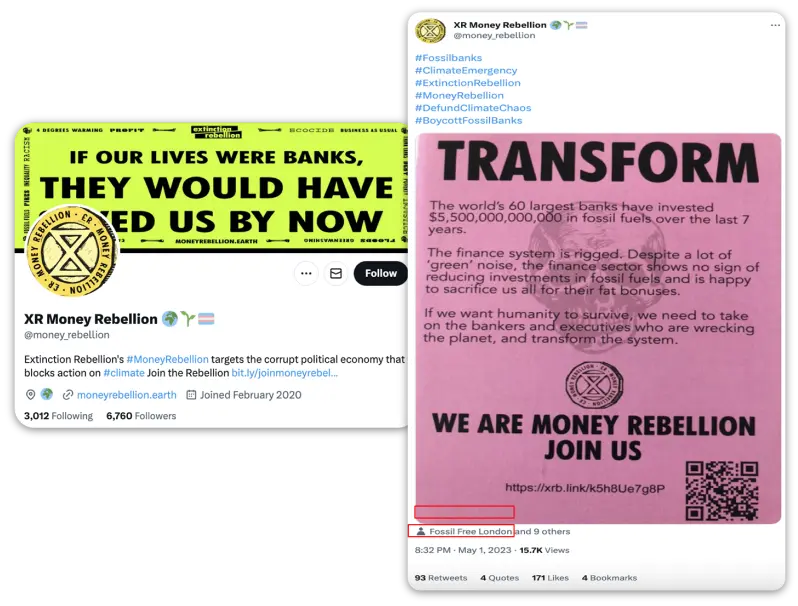
Learn more
- When American Eagle launched a 2025 campaign featuring Sydney Sweeney with the tagline “Sydney Sweeney Has Great Jeans,” it quickly spiraled into a reputation crisis.
- Inauthentic profiles drove a 4,000% spike in harmful sentiment and generated over 77,000 engagements on TikTok alone.
- Fake profiles positioned themselves in high-visibility comment sections to maximize exposure, creating a disproportionate impact on the overall conversation.
Learn more
- Cyabra discovered First Republic Bank’s sentiment dropped by 165% following the collapse of the Silicon Valley Bank.
- Threat actors, some with engagements of over 94,000 profiles, drove negative conversations using two main hashtags: #Bankcollapse and #Bankingcrisis, causing massive harm to the bank’s reputation.
- The first post that shared content about First Republic Bank’s stock spread false claims of the cause for shares dropping.
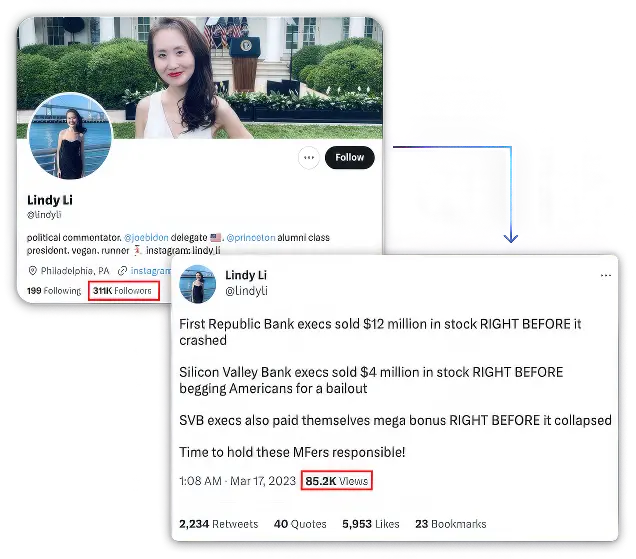
Learn more
- Cyabra identified 580 profiles that were negatively interacting with Zara on X (Twitter). 39% of the profiles were fake.
- Using the hashtags #BoycottZara, and #Zara_is_a_Zionist_brand, the profiles tied Zara’s new fashion campaign to the Israel-Hamas war and to images of death and destruction in Gaza.
- The profiles heavily impacted the virality of the protest, which shifted into live demonstrations and vandalism in Zara’s stores across the world, and eventually forced Zara to take down the campaign.
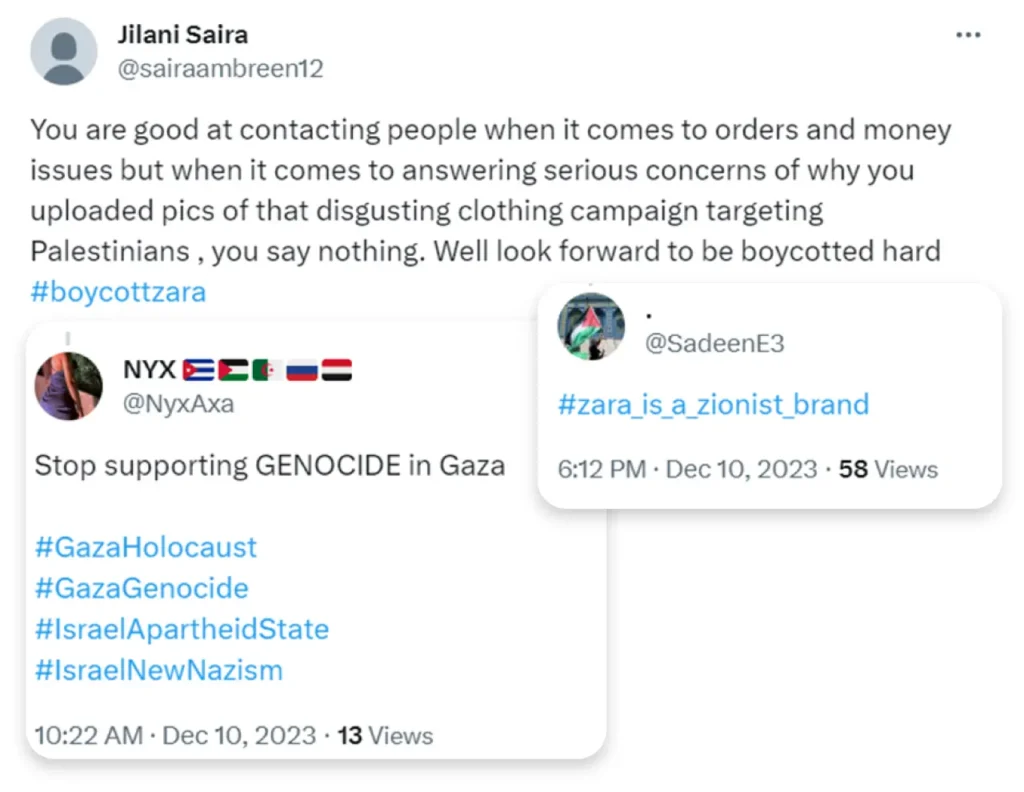
Learn more
- Cyabra uncovered 9 fake Facebook accounts impersonated Ticketmaster customer service pages, using the same images and content.
- The accounts used screenshots that included the extensive engagements of the original posts, creating the false image of vast activity.
- The uncovered profiles are still active on Facebook to this day.
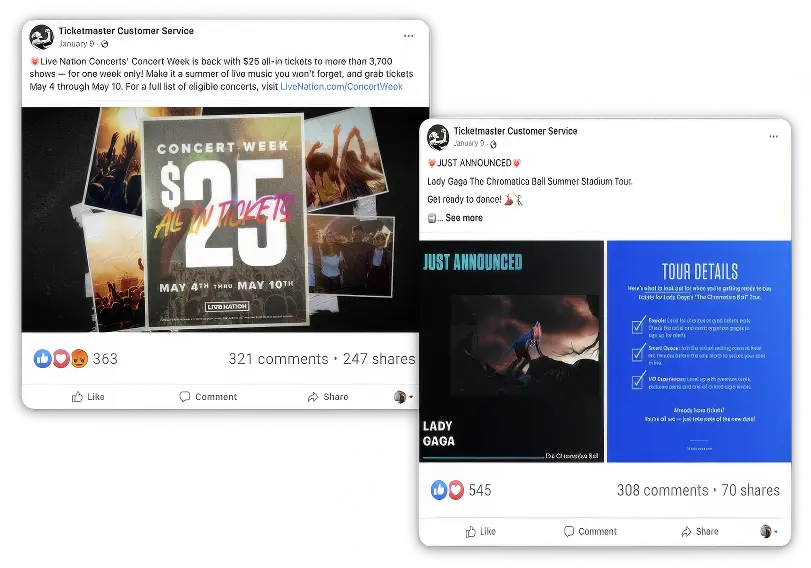
Learn more
- Cyabra uncovered a threat actor who was a former Toyota employee criticizing the brand for poor employee treatment and attempting to harm its reputation.
- The tweet reached the eyes of over 6,000 Twitter profiles.
- The profile mentioned Toyota in 27 different posts, proving a major brand reputation risk.
